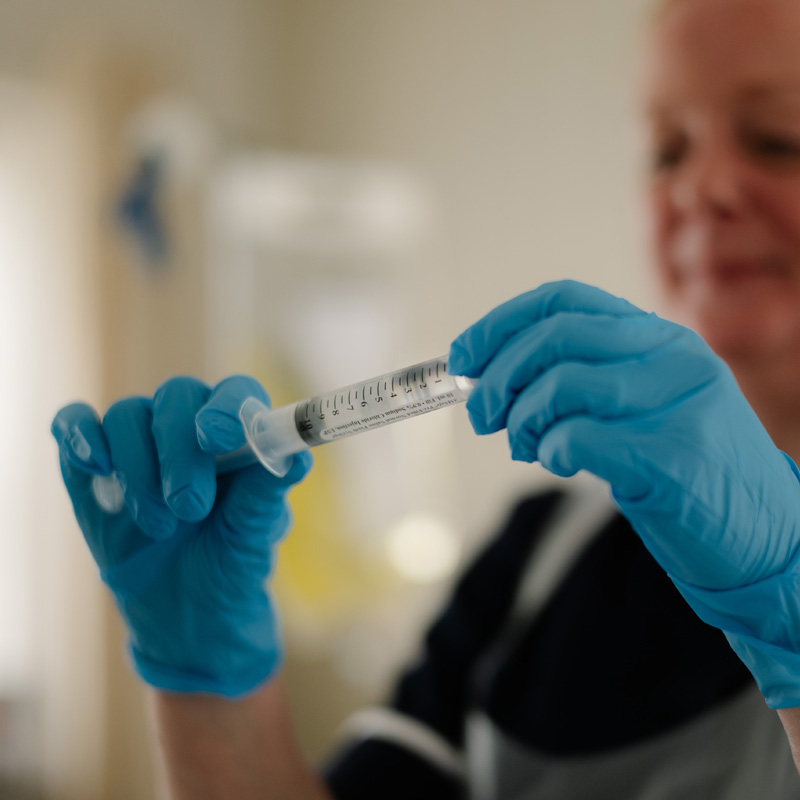Essential guide to storing and traveling with biological pre-filled devices
An overview of biologic pre-filled devices
Biologic medications have revolutionised the treatment of many chronic diseases, offering targeted and efficient therapies. To administer these medications, various pre-filled devices are commonly used, including:
• Pre-filled pens
• Pre-filled syringes
• Autoinjectors
Pre-filled pens and syringes
These devices deliver a single dose of medication via a needle that is manually injected. Pre-filled devices come with a specific dosage of medication or vaccine, ready for use without additional preparation or measurement. They are designed for single administration, offering convenience, precision, and a reduced risk of medication errors.
Autoinjectors
Autoinjectors are self-injectable devices that deliver drugs through subcutaneous or intramuscular routes. They enclose pre-filled syringes or cartridges driven by a spring system, providing benefits such as easy self-administration, reduced anxiety, and dosage accuracy.
How to store your biologic devices
Proper storage of biologic medications is crucial due to their sensitivity to temperature fluctuations. Biologics must be stored in controlled conditions throughout their lifecycle, known as the cold chain. Once delivered, your pre-filled devices should be stored in the fridge. Temperature extremes, such as freeze-thaw cycles or prolonged exposure to high temperatures, can alter the protein structure of biologics, leading to a loss of efficacy.
For specific storage instructions, always refer to the Patient Information Leaflet provided with your medication.

Tips for travelling with biologics safely
Here are five essential tips to ensure the safe and successful travel of your biologic medications:
1. Know the target temperature
- Most biologics need to be kept between 2-8 degrees Celsius. Always check the Patient Information Leaflet for specific temperature requirements.
2. Use a cooler for portable refrigeration
- Transport your medication in a cool bag with freeze blocks, ensuring the blocks do not touch the devices directly. These cool bags can maintain the required temperature for several hours, with some lasting up to 12 hours.
3. Get paperwork for air travel
- When flying, carry your medication with you. Obtain a letter from your healthcare provider authorising the medication, along with a copy of your prescription and a letter from the manufacturer. Lloyds Clinical can provide these documents if needed. Keep your medication in its original container to avoid issues with airport security.
4. Dispose of needles safely
- Carry a sharps disposal container for used needles and devices. Smaller sharps bins are available for travel and can be requested through patient services.
5. Refer to the patient information leaflet
- For detailed information, support, or advice, always refer to the Patient Information Leaflet provided with your medication.
By following these guidelines, you can ensure that your biologic medications remain effective and safe, even while travelling. For further assistance, don’t hesitate to contact Lloyds Clinical on 0345 2636 123.